Agriculture Minister Takáč hinted in Brussels that the EU must respond more flexibly to crises than SLAK

Brussels – The future of the common agricultural policy, as well as the epidemic of foot-and-mouth disease (FMD) and the state of agriculture in Ukraine and its impact on the EU, are among the main points of discussion at Monday’s meeting of the EU Council for Agriculture and Fisheries in Brussels. This was stated by the Minister of Agriculture and Rural Development of the Slovak Republic, Richard Takáč, after the meeting of the ministers, as reported by TASR. The minister emphasized that there was much discussion about the vision for the common agricultural policy after 2027.
“We completely reject, and several ministers have spoken out on this, the merging of resources with any other EU funds. For 60 years, agricultural funds have always been separate. There have also been protests from farmers regarding this. If there were to be a merger of EU funds, it would also mean a withdrawal of financial resources, which we cannot allow. The independence of EU funds and both the first and second pillars must be maintained as they have been so far,” said Takáč.
The minister reopened the issue of convergence, the equalization of payments to farmers, pointing out that Slovakia, 20 years after joining the EU, does not reach the average payments that farmers from Western European countries receive and is somewhere around 80% of this average. He also expressed dissatisfaction regarding targeted support for farmers and its distribution between small and large farmers, advocating for consideration of the diversity of member countries and their agricultural sectors, including Slovakia.
“We also addressed the issue of simplifying the common agricultural policy, for which we are grateful to the European Commission for its efforts to ensure that farmers are not bureaucrats, that there is not excessive bureaucracy, and that the documents they have to submit are quicker and simpler,” explained Takáč.
According to him, some member countries also brought up the topic of afforestation for discussion, which stems from the European Commission’s strategy. He added that if some states have problems with this, Slovakia already has legislation prepared and is increasing the number of employees, but has supported those countries that are requesting simplification of the entire process.
Together with his Czech counterpart, he pointed out the issue of the ban on the use of lead in fishing and hunting in the EU. According to him, this ban will increase costs for fishermen and subsequently the prices of their catches, and will make it more difficult for hunters, which could prove harmful, for example, in the culling of wild game spreading African swine fever.
A point that Takáč particularly highlighted in Brussels was the epidemic of foot-and-mouth disease. He noted that in the case of such crises, for which no one is prepared, the European Commission should compensate affected breeders more easily and quickly.
“In Slovakia, around 8,000 head of cattle were affected, mostly dairy cows. This is a loss of about six percent of dairy cows in Slovakia, not to mention the gene pool that we have been building for decades,” he described the situation. He considers the current state of compensation to be “terribly slow” and added that it is still unclear to what extent Slovak farmers will be compensated from EU funds apart from assistance through the state budget.
Takáč supported Hungary’s proposal to prevent foot-and-mouth disease through animal vaccination and stated that Slovakia’s swift action prevented this epidemic from spreading to the rest of Europe and causing significant damage. (May 26)
What's Your Reaction?
 Like
0
Like
0
 Dislike
0
Dislike
0
 Love
0
Love
0
 Funny
0
Funny
0
 Angry
0
Angry
0
 Sad
0
Sad
0
 Wow
0
Wow
0







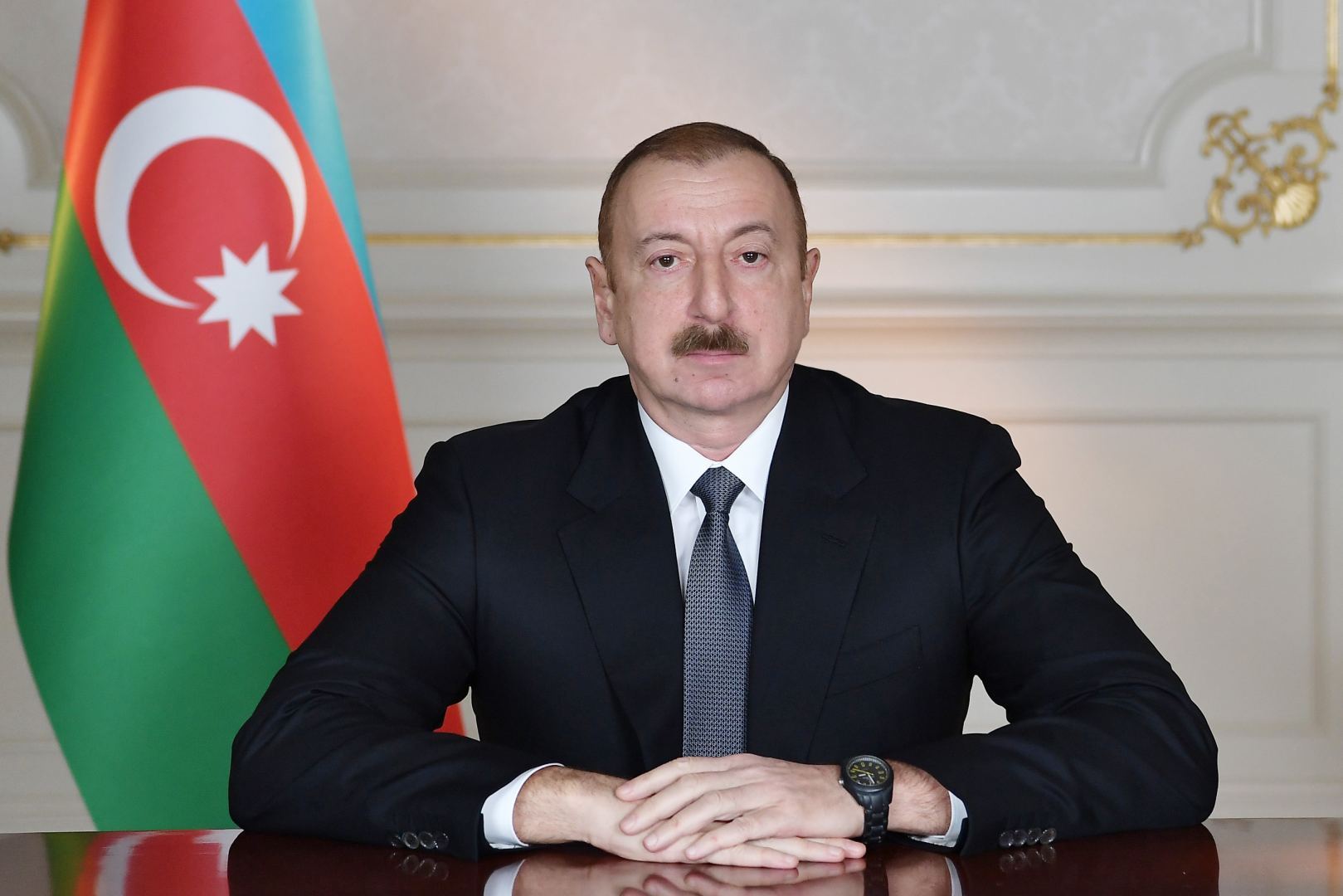
















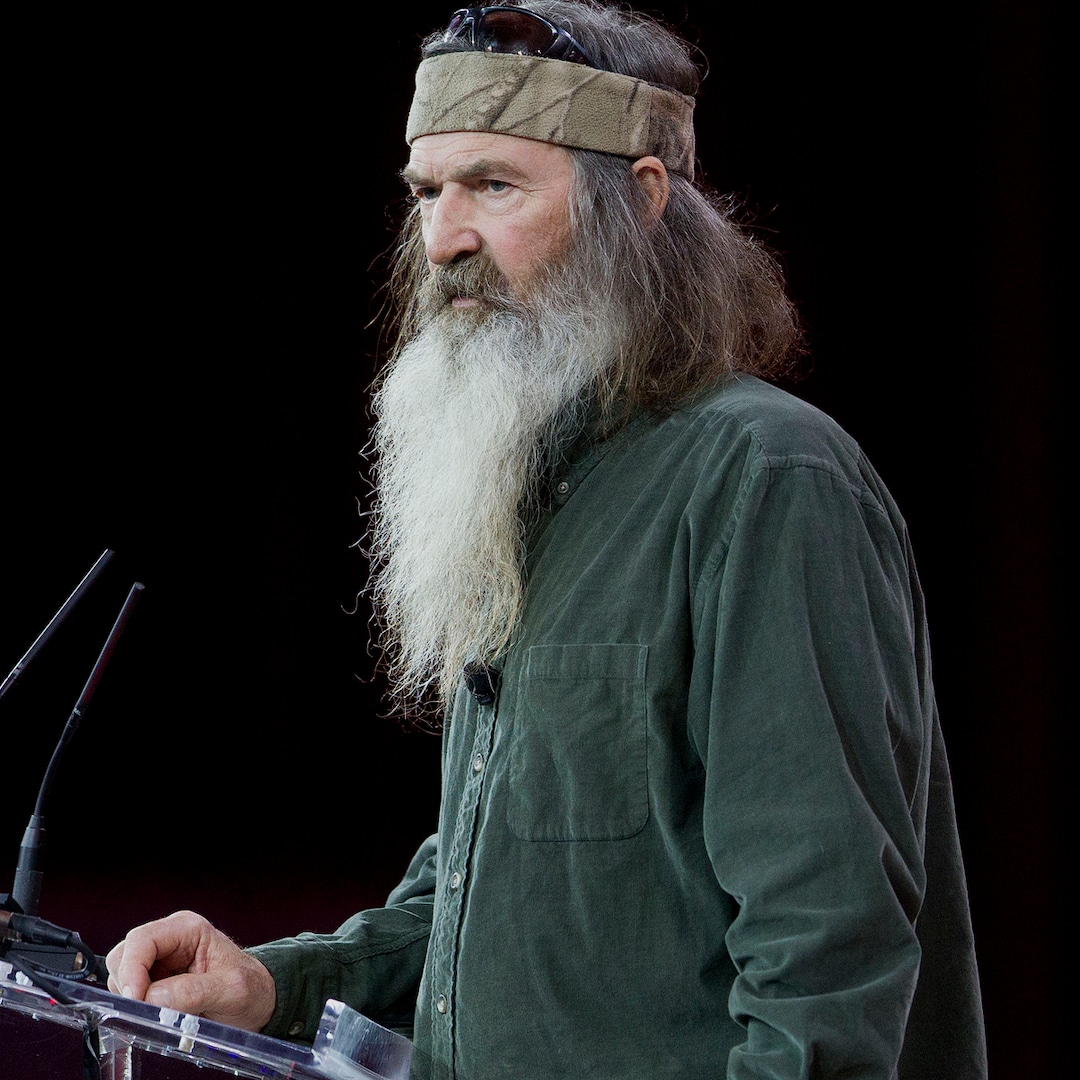



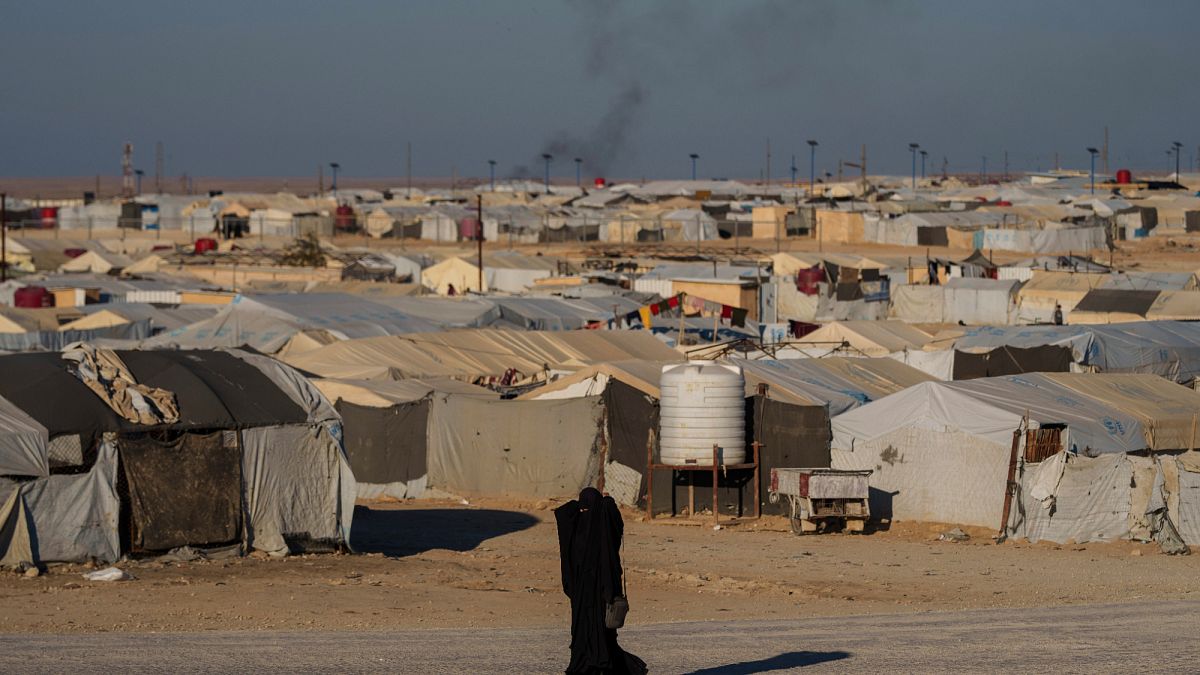







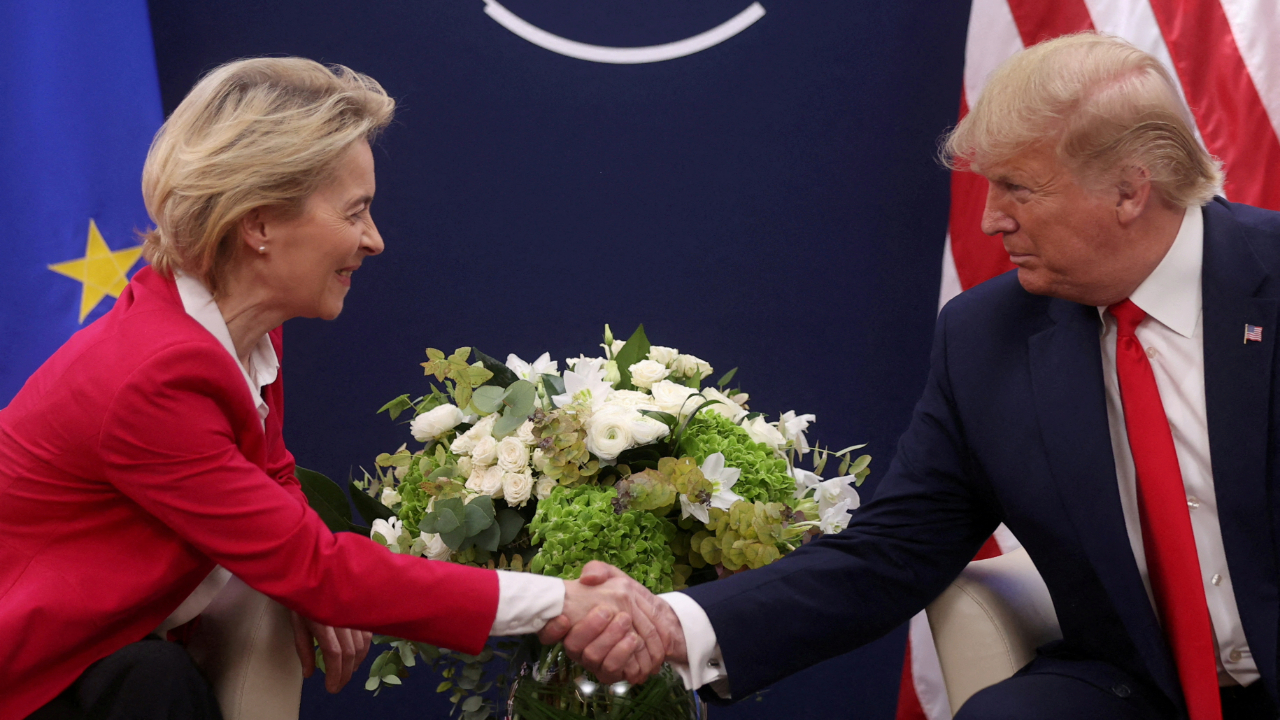






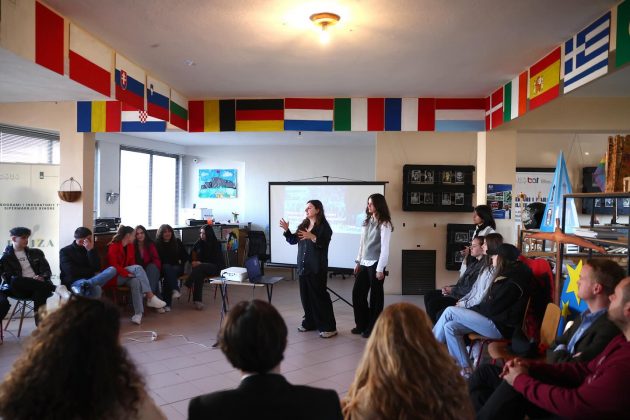
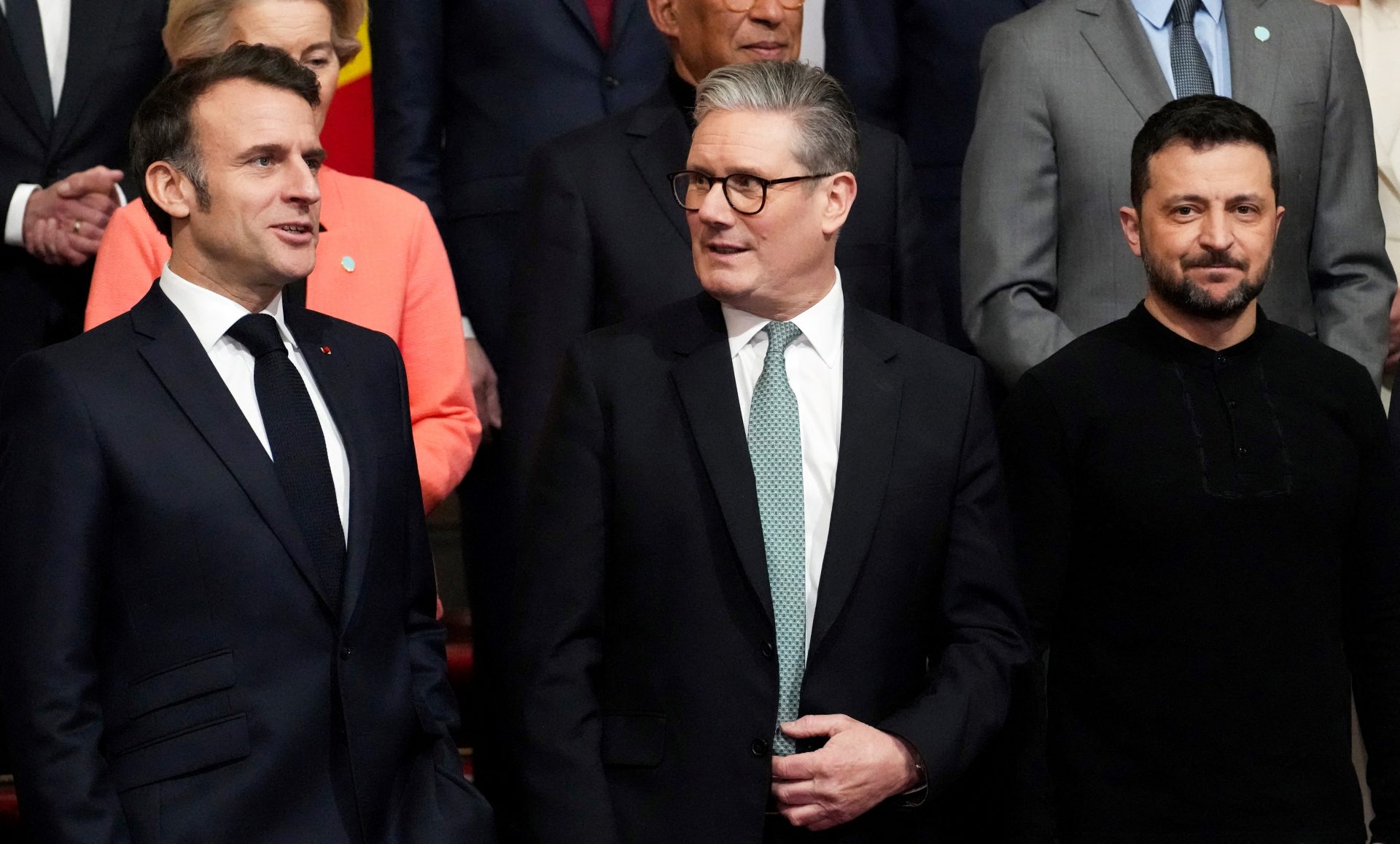





.png?Expires=1838763821&Key-Pair-Id=K2ZIVPTIP2VGHC&Signature=IO0~CT3pU-TcxGc~yoZSmoQx23MZVuK-~4jSii~NKEblRmyO3el7NXPu~Rh1o23voASg7hlcHLw4kvQuDK1jssEhcjoNBBvEpZ~GGOAU6yosBhpHpeF179F~h7i6VxmsBNh9gtTutkoqY73O2YCFey~IAqSzKbBqETP1kP9cAg1916Z1YkJJs-5MliMrkZ5d7-mWGLbpHp2wGj2VlMph8XzYlL4~y1O7fB~JdIS~Rs4RMRs2x0WT1qUIpHAsf3GdwtOyAmKFSpIg8xCyNGZZ5h~13nXlmpd7uPvW8tBfttpG9pFTqcway-uch5WyfHOEfi7UlJCOWrr6fCYY5PMgSg__)







